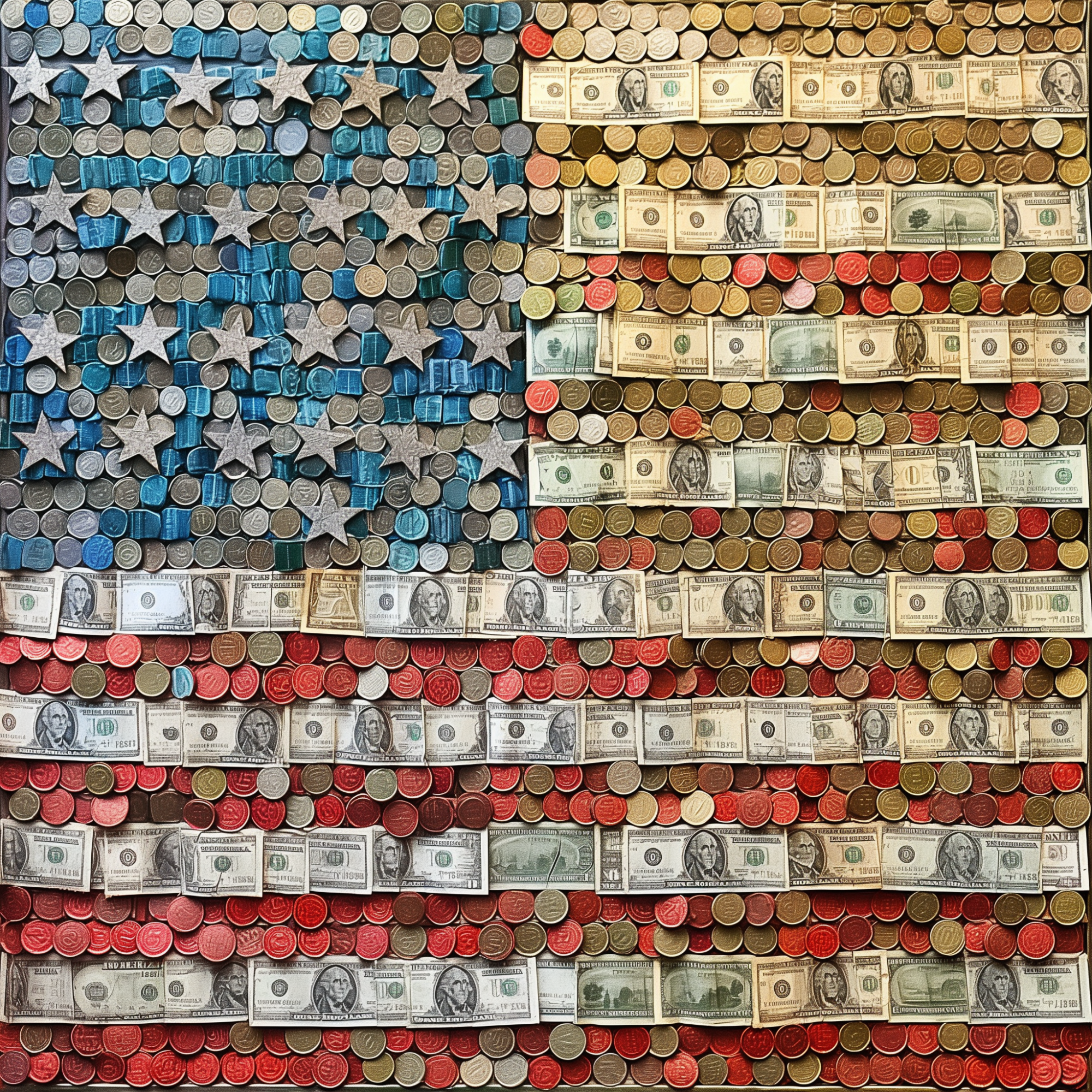Blog
The 2010 Supreme Court decision, Citizens United vs. Federal Election Commission, fundamentally altered the landscape of political campaign financing in the United States. This landmark ruling overturned more than a century of restrictions on election spending, allowing corporations and unions to spend unlimited funds on campaign advertising, provided there is no “formal” coordination with candidates or political parties. The decision was based on the idea that independent political spending by companies or groups, without directly coordinating with political candidates, doesn't significantly increase corruption, thereby ruling this type of spending as a form of free speech.
Diverse Perspectives on Campaign Finance
In general, the public has largely been against the unchecked influence of money in politics that Citizens United seems to foster. A significant portion of the American population, across party lines, supports limits on the amount of money individuals and organizations can spend in political campaigns. This broad consensus reflects a desire for a more equitable playing field in political discourse.
However, broad consensus does not mean complete consensus. Some groups and individuals on the other side of the debate see it as broadening democratic participation. “The decision stands for freedom and encourages participation in the political process,” says Michael Boos, vice president and general counsel of Citizens United. “Money is speech, and that is a reality. Without money, you can’t get your message out.”
The debate surrounding the Citizens United ruling showcases a deep divide in public opinion, with significant concern over the influence of money in politics on one side, and arguments for free speech and broader participation in the political process on the other. This ongoing debate is what helped set the stage for the emergence of super groups with unwavering political power.
The Creation and Influence of Super PACs
One of the most significant outcomes of the Citizens United ruling has been the creation of Super Political Action Committees (Super PACs). These groups can accept unlimited contributions from individuals and corporations as long as they do not donate directly to candidates. Since their inception, Super PACs have been instrumental in channeling large sums of money into elections, with approximately $2.9 billion spent on federal elections from 2010 to 2018. Despite the requirement for Super PACs to disclose their donors, the rise of "dark money" groups—organizations that can spend unlimited amounts on political campaigns without disclosing their funding sources—has made it difficult to trace the original sources of campaign funds.
The Current State of Super PACs
Since 2010, Super PACs have significantly expanded in both number and financial influence, a trend that continues into the 2024 election cycle. As of March 2024, the number of registered Super PACs reached 2,002, marking an 186% increase from 2014, and their funding surged by 33% to over $1.06 billion. This influx of funds surpasses previous records, with more than $14 million in independent expenditures already made in this year's primary elections, a dramatic rise from around $950,000 at the same point in 2015. This unprecedented level of funding has led to a new era of engagement in political campaigns. Super PACs are increasingly involved in on-the-ground activities and direct voter contact, testing the limits of these existing regulations.
Strengthening Democracy: Reforming Public Financing and the FEC
There is some good news, though. In an attempt to combat the outsized influence of money in politics, there have been recent reforms aiming to overhaul presidential campaign public financing and strengthen the FEC. The EMPOWER Act proposes to modernize public financing by increasing small-donor contributions' impact and eliminating spending limits to level the playing field against wealthy interests. Simultaneously, the Restoring Integrity to America’s Elections Act seeks to revitalize the FEC by restructuring it to break decision-making deadlocks and expedite enforcement of campaign finance violations. These efforts strive to both empower voters and safeguard fair electoral competition by addressing the profound impact that substantial political funding has on society.
A Call for Engagement and Reform
As we look back on the 14 years since the Citizens United ruling, it's clear that the conversation around political financing, democracy, and the essence of free speech in the United States is just as, if not more, important today. The current landscape of campaign financing underscores the pressing need for transparency and fairness in political discourse. While recent reforms offer a glimmer of hope in rebalancing the scales of political influence, it's evident that the journey of keeping big money out of politics is far from over.


